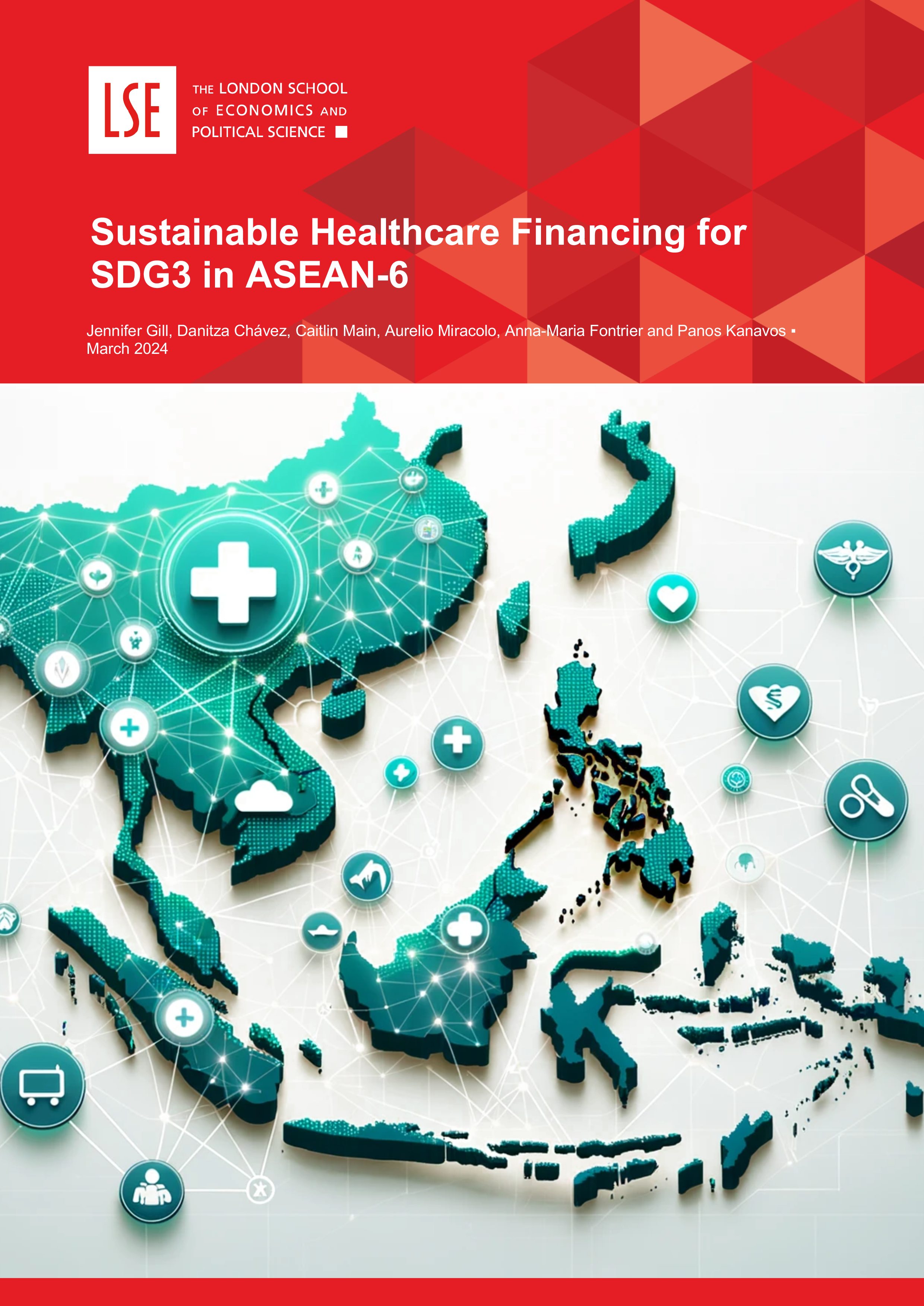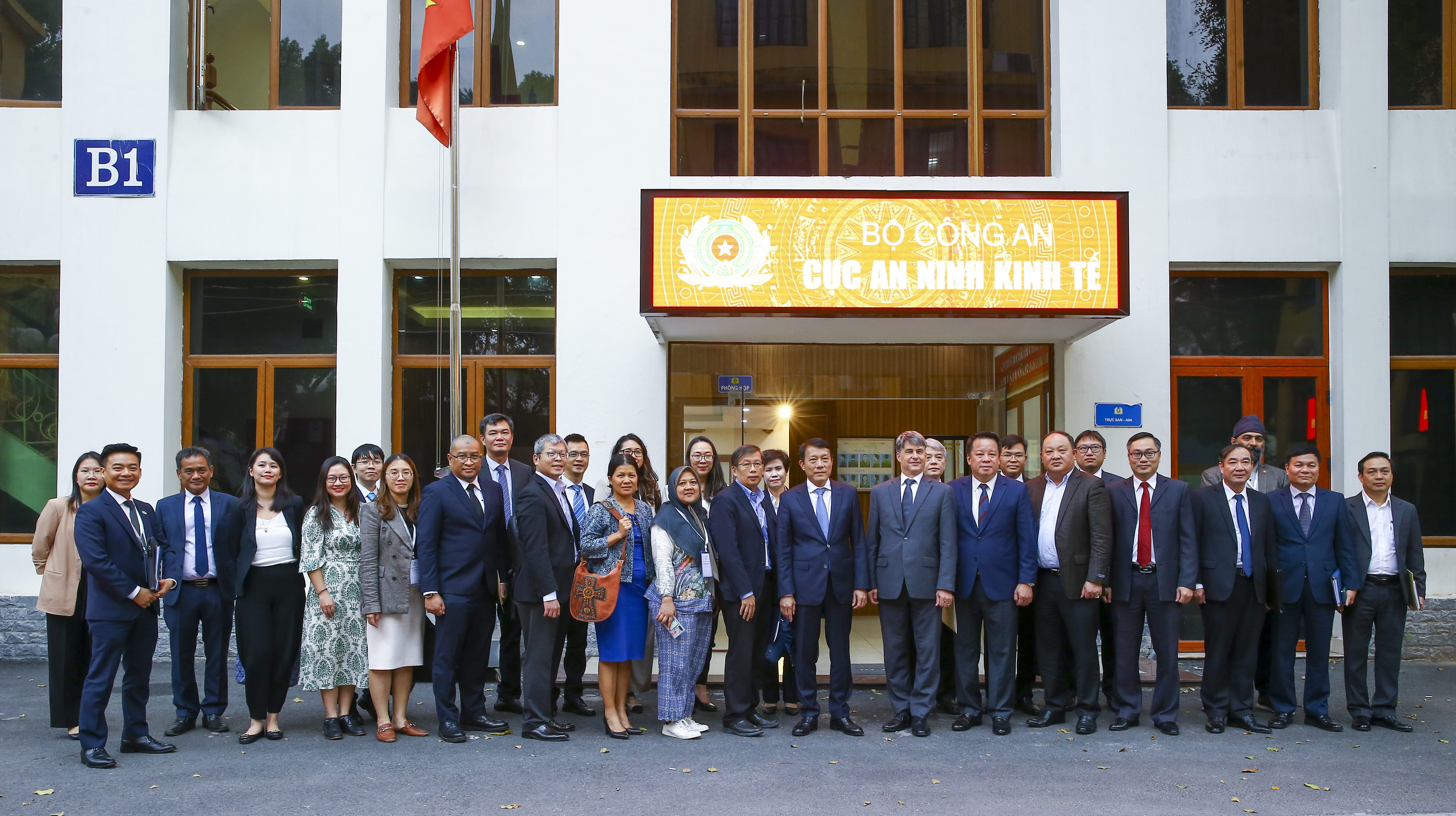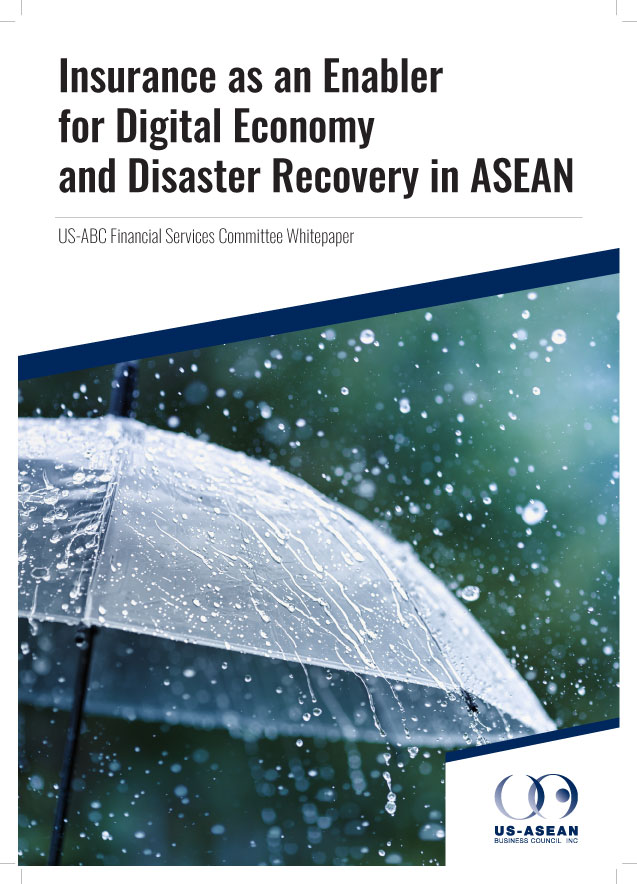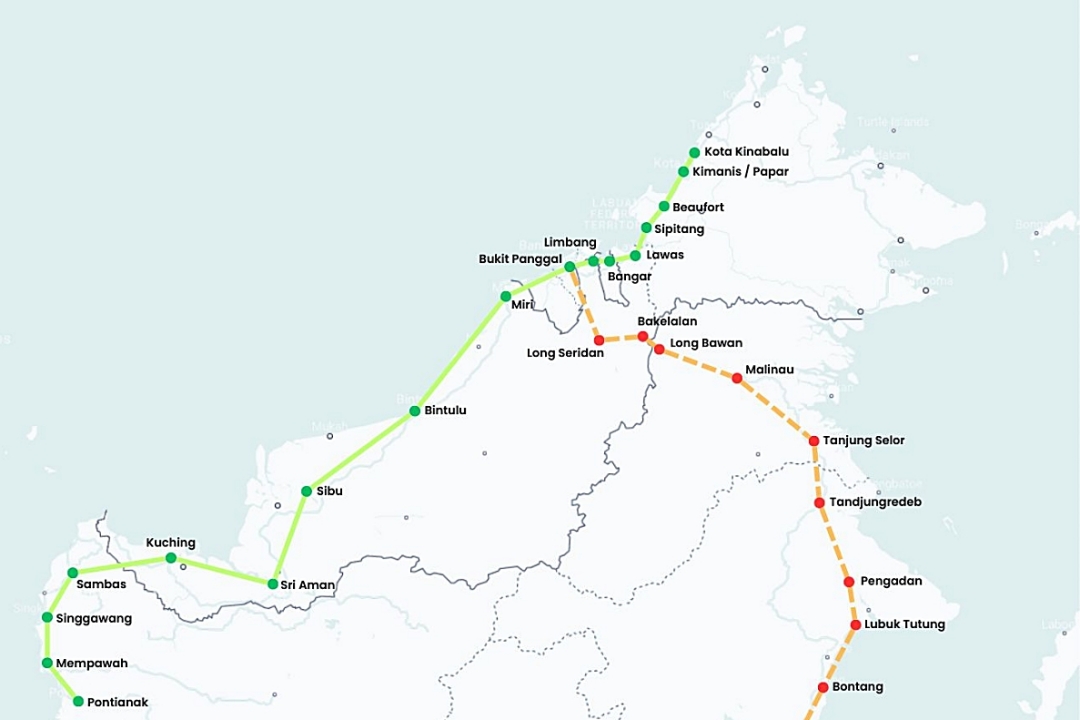Sixth Plenary Session of Vietnam's 15th National Assembly Concludes with Key Legislation Passed

The 15th National Assembly (NA)’s sixth plenary session, held in Hanoi from October 23 to November 28, concluded with the adoption of seven laws and eight resolutions, discussions on eight draft laws, and gathered views from Assembly members on various national socio-economic issues.
The seven laws that were approved included:
Amended Law on Real Estate Business
Amended Housing Law
Amended Law on Water Resources
Amended Law on Telecommunications
Law on Citizen Identification
Law on Management and Protection of National Defense Works and Military Zones
Law on Grassroots Security Forces
Vietnam's 2024 budget was also approved at the session, which set revenue of more than 1.7 quadrillion VND (approximately US$70.87 billion), reflecting a 5% increase from 2023. This increase is partly attributed to the transfer of some remaining balances from the unused 2023 budget. In addition, the revenue from land use fees in 2024 is anticipated to surge by more than 50% compared to 2023.
For expenditures in 2024, the budget is set at over 2.1 quadrillion VND (approximately US$88.31 billion), reflecting a 1.2% increase from 2023. Of this total, the central budget amounts to 1.2 quadrillion VND (approximately US$51.7 billion), which includes allocations to various ministries. Among these allocations, the top three ministries receiving the biggest budgetary allocations for 2024 are the Ministry of Defense (approximately US$8.65 billion), the Ministry of Public Security (approximately US$4.2 billion), and the Ministry of Transport (approximately US$3.42 billion).
The 2024 budget proposes a budget deficit of 399.4 trillion VND (approximately US$17.44 billion), accounting for 3.6% of GDP, with 3.4% from the central budget and 0.2% from the local budget. The 2024 budget also accounts for estimated expenditures on salary reform, setting aside 55,400 billion VND (US$2.3 billion) specifically for salary reform within the three-year national plan (2024-2026).
Notable laws and resolutions
The draft amended Law on Telecommunications was adopted on November 26. Chairman Le Quang Huy of the Committee on Science, Technology, and Environment highlighted that the amended law aims to create a flexible and competitive market for cutting-edge services, enabling international expertise and capital to bring about transformative changes. This includes easing restrictions on foreign capital contributions in emerging digital services such as data centers, cloud computing, and Over-The-Top (OTT) telecommunications. These changes will foster a more open investment environment, particularly for services that enable users to easily switch providers.
On November 29, the draft resolution on the imposition of top-up corporate income tax under the Global Anti-Base Erosion (GloBE) rules was approved. Beginning January 1, 2024, 15% global minimum corporate income tax will be levied on multinational companies. It is estimated that 122 foreign companies in Vietnam will be affected by this new legislation with a total of US$600.3 million in top-ups. However, the government proposes to offer tax deductions or government financial support for high-tech manufacturing and R&D companies to maintain its appeal to foreign investment.
During this session, other important draft laws were also discussed such as the draft amended Law on Assets Auction discussed and the amended law on National Defense, Security and Industrial Mobilization. The revised asset auction law updates the auction mechanism of national properties such as natural resources exploitation, electrical radio frequency, land use right, and transportation infrastructure. The discussed amended Law on National Defense, Security and Industrial Mobilization. The Minister of National Defense highlighted the urgency of developing legal framework for science and technology in the national defense and security industry with a focus on dual-use technology.
Meanwhile, long-awaited draft laws, such as the amended Law on Land and the amended Credit Institutions Law, were not adopted during this session and will be debated in the National Assembly meeting next year. Unresolved issues within the Amended Law on Land pertain to land-use rights for economic organizations involving foreign elements, issues related to settling land-use rights for socioeconomic projects without state budget utilization, managing land-use rights for housing projects, and formulating land price calculations. The approval of draft Amended Credit Institutions Law was also postponed due to the complexity and sensitivity of this law project, requiring lawmakers to allocate ample time for thorough study and review by relevant agencies.
The newly passed laws and resolutions will be assigned to respective Standing Committee for final review and implementation.









